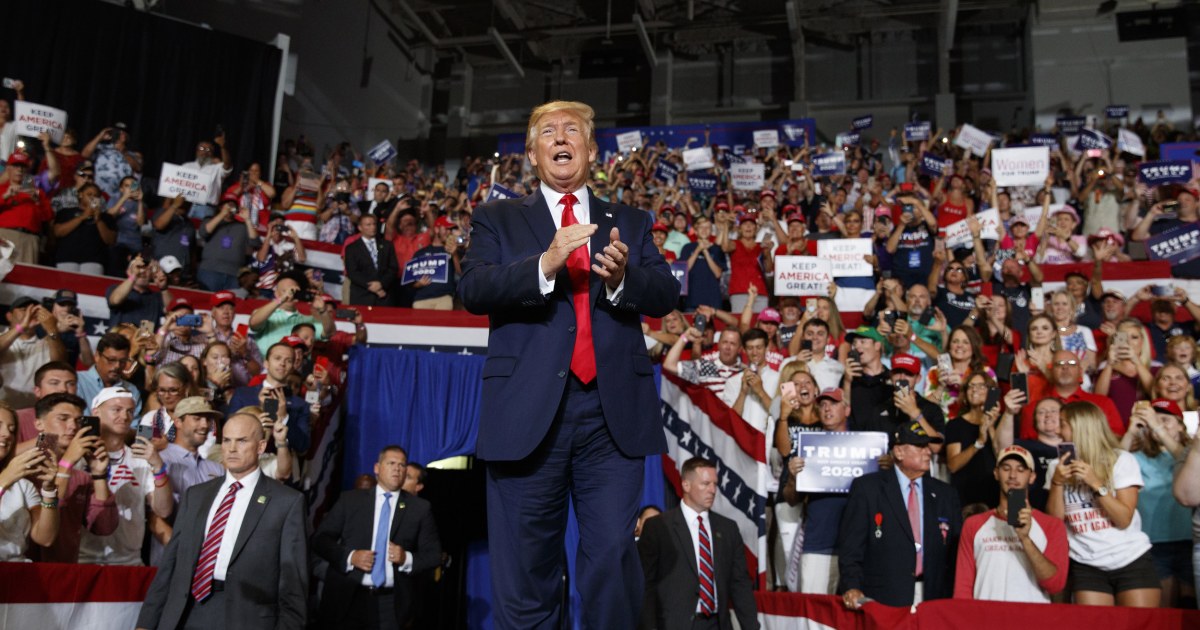Because they don't think of it in terms of states but people. To them the majority of Americans should decide the Presidency period, so whenever the system sees a President elected against the popular vote because of how the Electoral College works, it's a sign of how our system is flawed, out-of-date, etc. The argument I've seen is "why should the votes of rural people be worth more than those from the cities?" (which usually means "why should their votes have more weight than mine?").
For what it's worth, I'd argue that is a perfectly reasonable argument to make and I think I agree with it.
It's no doubt true that the United States needs to have some counter-majoritarian institutions in order to stop the most populous areas of the country overriding the interests of other regions. Thus the senate, non-democratic institutions like the judiciary, and indeed the entire principle of federalism and the independent state legislatures and governorships. There is no risk of the US losing its counter-majoritarian institutions. It is, however, still valid to ask whether the presidency should be one of those institutions, or whether the electoral college is the best way to ensure the president takes seriously the concerns of all states.
I do find the whole winner takes all electoral votes of a state somewhat spurious. Like let's say a state votes 40% for one party and 60% for the other. It basically leaves a lot of people's voices silenced and in states with strong leaning to one party it can disinsentivize people because of the fatalist train of thought that my vote means nothing. I mean like for a Republican in California or a Democrat in Texas voting in Presidential election probably feels futile because their vote won't chance a thing because the electoral votes will most assuredly go to the other party.
I agree with you that ideally state electoral votes would be allocated proportionally to the way the population of that stated voted, but at the same time I don't think it can plausibly happen. It's a coordination problem, and humans are really bad at coordination problems.
That is, suppose our state goes 60-40 for one party: if we shift from WTA to proportional, we make it
less likely that the more popular candidate in our state wins the federal election. This is actively bad for the majority of voters in the state. Suppose California shifts to proportional, but Texas doesn't - that's a huge national swing to the Republicans. Or suppose Texas goes proportional but California stays WTA - huge swing to the Democrats. If a state switches to proportional, it
screws over the majority-preferred candidate. No one is going to do that. California has 55 electoral college votes, and the California popular vote is reliably 60+% Democratic. Imagine you ask the people of California to vote on whether they want to take 20 of their 55 votes and give them to the Republican candidate instead. Of course they won't do it: that Democratic-voting 60% is all going to vote against it. The same thing in Texas: ask the people of Texas if they want to give 15 of their 36 votes to the Democrat, and the Republican majority in Texas will throw it out.
So to effect a switch to proportional, you'd need every state to do it at once. How are you going to coordinate something like that? The only institution with the power to impose something like that is, well, the federal government - and the whole point of federalism is that the federal government isn't allowed to. The states get to decide this for themselves.
I'd argue it's a terrible and unsatisfactory situation, but the problem is that the United States has no plausible pathway to reform on this issue. I understand the importance of checks and balances, but sometimes I really think the US has gone too far with them. You have
so many checks and balances that needed reforms can't happen, which results in large portions of the country feeling disenchanted, irrelevant, and unheard. That leads to polarisation, fractiousness, and potentially much worse.

 www.nbcnews.com
www.nbcnews.com

